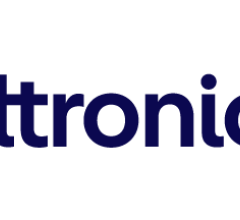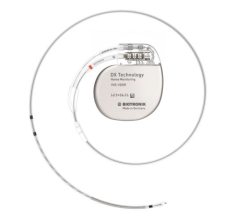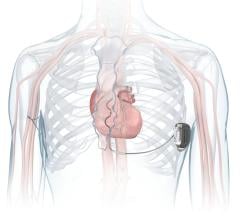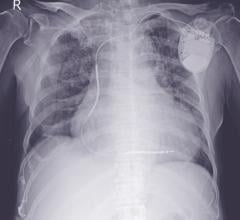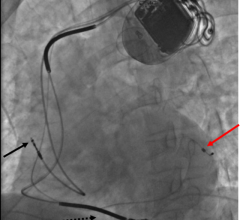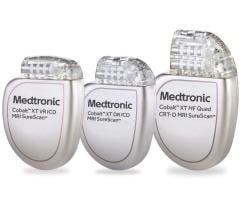December 4, 2008 - St. Jude Medical Inc. this week said it received expanded approval from the Japanese Ministry of Health, Labour and Welfare for the QuickOpt Timing Cycle Optimization feature in the Epic HF and Atlas HF cardiac resynchronization therapy defibrillators (CRT-Ds).
CRT-Ds are implantable cardioverter defibrillators (ICDs) that help prevent sudden cardiac arrest and treat heart failure by synchronizing heart rhythms. The QuickOpt capability allows physicians to easily test and optimize a patient’s CRT-D to ensure that its pacing rhythm is customized to the individual patient’s needs. This is important because heart disease is different in each patient, so optimizing the devices helps to ensure that each patient receives the full benefit of device therapy.
Optimized timing can increase the efficiency of the heart’s ability to pump blood to the body. The company said at a fraction of the time and cost of conventional echocardiogram-based optimizations, the QuickOpt feature can help physicians optimize more patients in less time through a simple procedure. In 90 seconds during a regular follow-up visit, the QuickOpt feature can recommend the optimal A-V (atrial-ventricular) and V-V (ventricular-ventricular) timing values to use in programming the devices.
“QuickOpt optimization gives me the ability to precisely program the device to meet each patient’s specific needs for treating their heart failure,” said Hiroshi Nakajima, M.D., of Itabashi Chuo Medical Center. “It allows me to check my patients’ devices and adjust the timing whenever needed so that the therapy can be continuously optimized for each patient.”
Traditional echocardiography (echo), while considered the gold standard for optimizing devices, can be expensive and time-consuming. The company said QuickOpt feature produces results clinically proven to be comparable with those of echo, in 90 seconds instead of the 30 to 120 minutes required for a typical echo.
For more information: www.sjm.com


 January 13, 2026
January 13, 2026 

